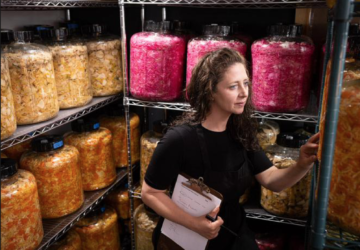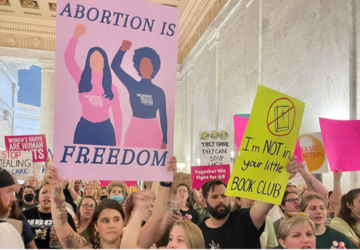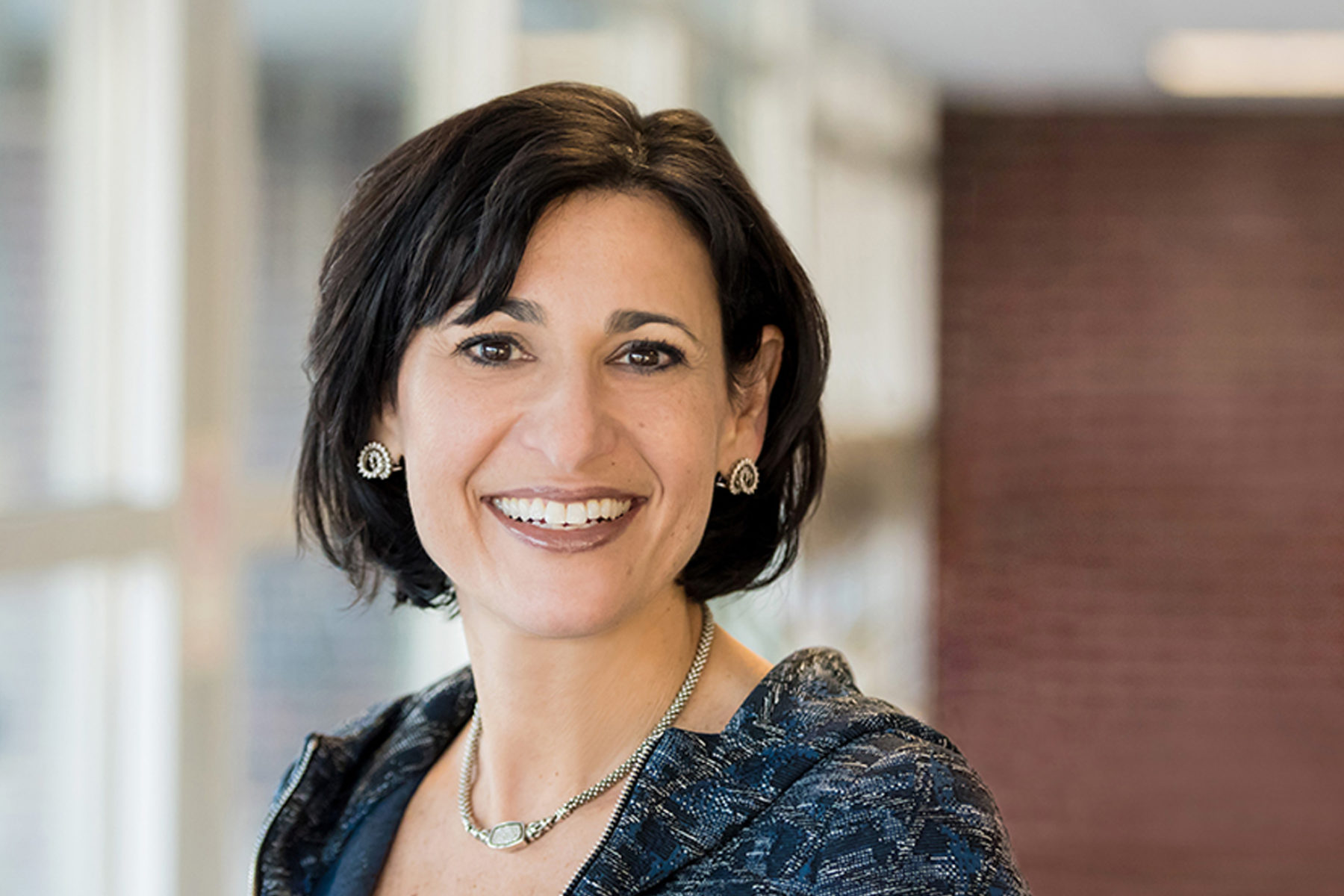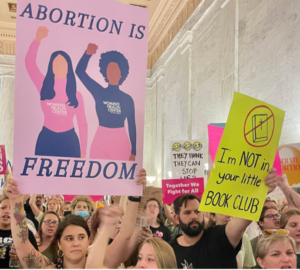Frontline Women Share Their Experiences, Investing in Minority and Female Entrepreneurs, & CDC Director Dr. Rochelle Walensky
Frontline Working Women Share Their Experiences
By Alexa Bournazos
In June of 2020, Forbes writer Alison Norlian interviewed female frontline workers and their experience battling the coronavirus in their communities. Now, eight months later, she has returned to once again interview these women to assess the changes they have seen in the treatment, severity, and cases of the coronavirus.
Norilian begins her profining with 34 year old family physician Yasmen Srour, located in Tinton Falls, New Jersey. Srour reflects on the time in June, when cases were so high that two patients had to be assigned to one room. She notes that cases have lowered, but there was a large spike around the holidays. Srour also emphasizes that every little symptom can be a case of Covid when she tells Norlian, Even if you just have a post nasal drip, I can tell you that there’s a 99% chance it’s Covid, and believe it or not, the tests come back positive.” Srour spends everyday performing tasks from diagnosing patients with Covid who have minimal symptoms, to treating others who are experiencing life threatening symptoms in the hospital.
Next, Norlian interviews Jenna Tuttle, a 34 year old EMT from Greensboro, North Carolina. Tuttle shares that her daily life has been forever changed by the coronavirus, as many colleagues have been sickened and she can no longer perform the everyday tasks she used to. Tuttle now dedicates everyday to supplying the vaccine to nursing home residents and first responders. Tuttle notes that many of her colleagues have become depressed due to the strenuous work and intense schedule.
Allison Platt, 57-year old funeral director, reported how her life and business have been affected. In the beginning of the virus, funerals were not allowed to be held indoors and were restricted to a small number of people. Now, however, she can open her funeral indoors while maintaining social distancing with arrows and cones to direct traffic. Platt has had to think outside of the box and change many protocols in order to effectively hold funerals and support her business.
Psychologist from Virginia Catherine Mills has seen many people suffer with depression and anxiety as a result of the coronavirus. Mills has created her own private practice during the pandemic in order to help more people. Mills has turned to virtual therapy sessions and has noticed that people are now more open to sharing their feelings as a result of the pandemic.
Lindsay Smith is the director of neuroscience services and a registered nurse in New Jersey. Smith works tirelessly every day to help those diagnosed with the Coronavirus. She has recently been assigned to neurosurgery operations, where she has seen many Covid patients have strokes. She has found a correlation between strokes and the coronavirus and is working to spread her knowledge of this.
These strong women are battling the coronavirus and helping their community everyday, setting an amazing example of perseverance.
Investing in Minority and Female Entrepreneurs
By Mary Burdick
While the amount of minority and/or female small business owners have increased dramatically in the past few years, the average revenues of these small businesses have decreased significantly. To address this growing issue, two female entrepreneurs, Cat Breman and Yuliya Tarasava created CNote.
CNote is a platform designed to simplify the process for individuals and institutions interested in investing and ensure these investors receive a competitive return. This platform is extremely helpful for struggling entrepreneurs because it allows them to receive the necessary money to build or start their company, even if they are unable to receive bank loans. In the work world, women and minorities are often overlooked or dissuaded from applying for bank loans, significantly lowering the chance of their small business succeeding.
Breman and Tarasava hope that through CNote, more minority and women-owned businesses will be able to thrive, and the wealth gap will lessen.
CDC Director Dr. Rochelle Walensky
By Khushi Bhatt
The Coronavirus has been affecting the lives of billions across the globe for just over a year. Now, however, there is a new director of the CDC, Dr. Rochelle Walensky, and she is ready to help as many people as possible.
Wallensky is highly qualified, previously serving as the Chief of the Division of Infectious Diseases at Massachusetts General Hospital and a professor of medicine at Harvard Medical School. Walensky was appointed to serve in her current position by the Biden administration this past winter. So far, her medical experience and epidemiology expertise have been of the utmost importance when guiding the country during this challenging time.
Recently, Walenksy was photographed taking her first round of COVID-19 vaccine shots. When asked how she felt following her injection by a Vogue reporter, she responded, “It’s amazing, it’s amazing. Usually it takes 10-15 years, the fact that we have it in one, it’s a yay for science.”










